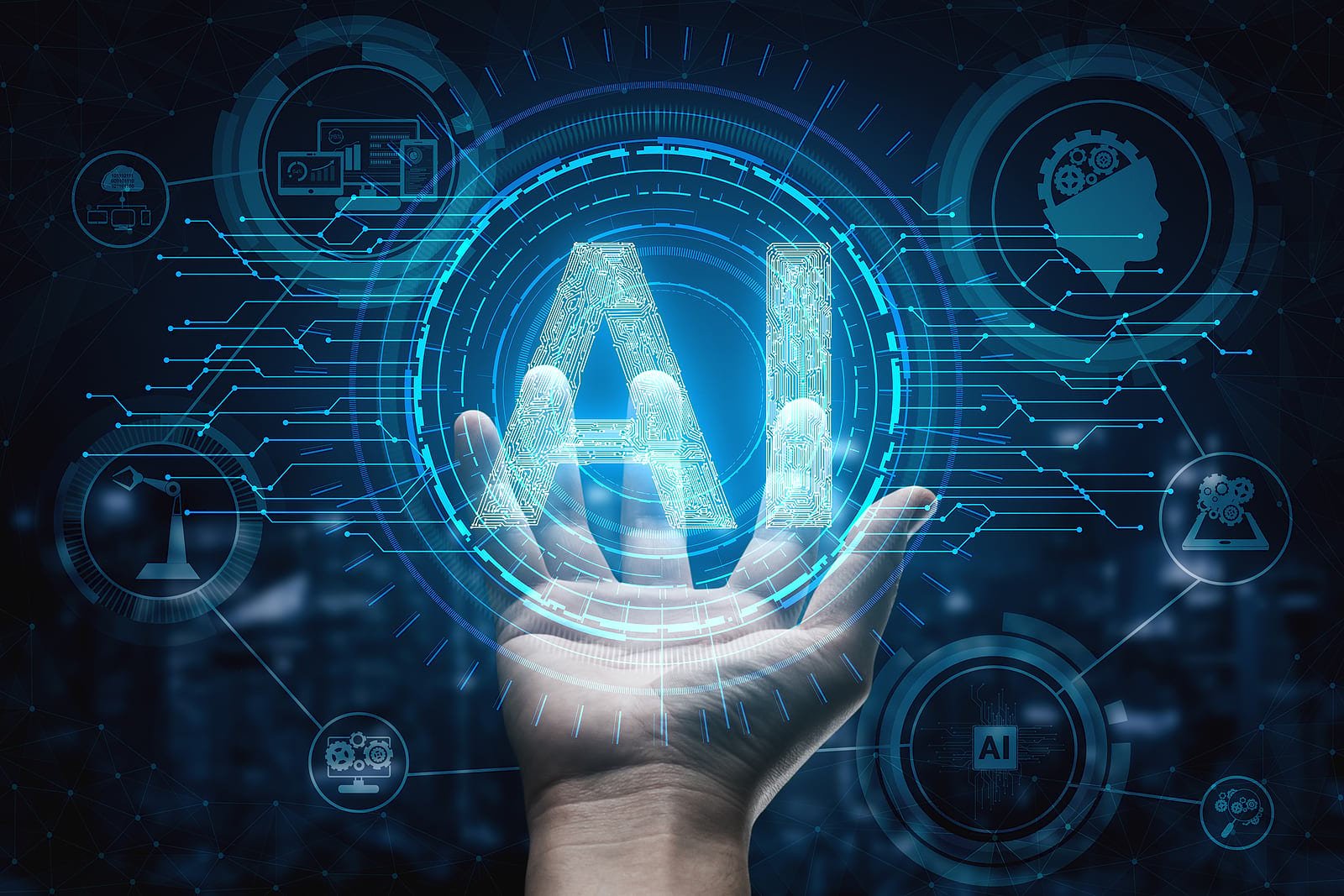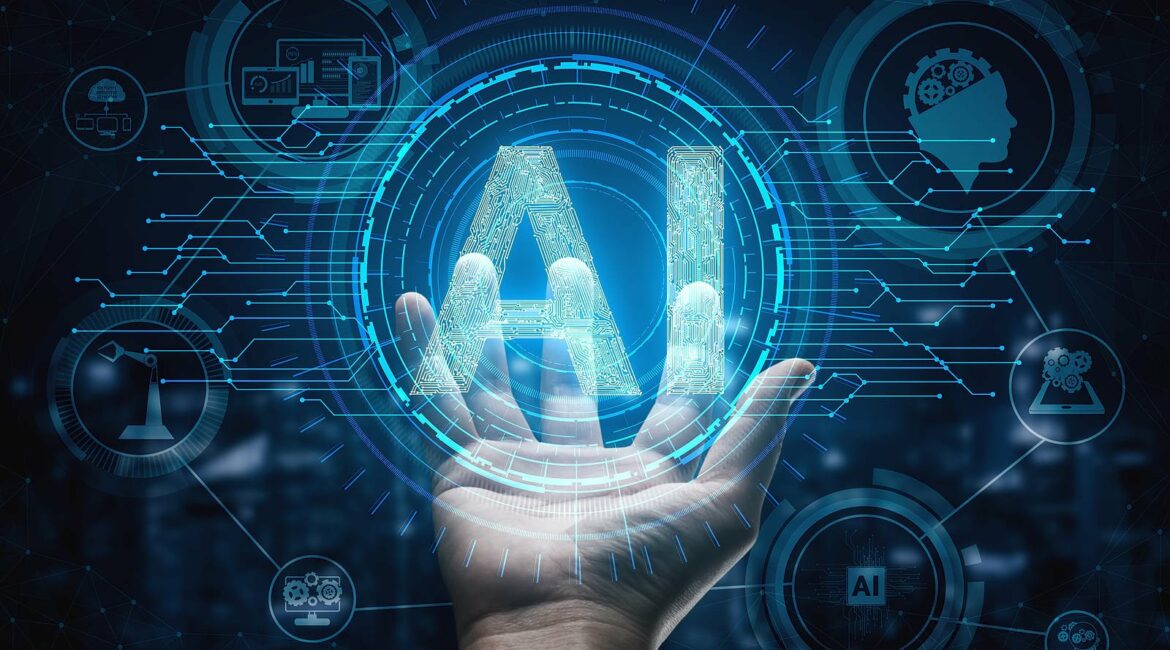The advent of AI is set to transform hospitality over the next 10 years with unimaginable features driving team efficiency and operational management/control, whilst propelling the guest experience to new heights of intricate and impressive personalisation. Are you ready?

The list below outlines many facets of hotel management already established in the digital realm. AI however will provide operators with instant cognitive access, preemptive communication and deeper dynamic data analysis on demand, simply by asking a question. Any question.
My fear however is that our industry isn’t ready for AI as the digital data space we currently populate is relatively poor.
Digital awareness must advance if we’re to exploit AI beyond patch work enterprise solutions, SaaS, and a fashionable, on-trend a buzz word.
One of the areas in which we fail is creating and maintaining rich guest data beyond booking information, generally. Many hotels don’t even know if you’re a repeat guest, let alone whether on you’re previous 3 visits you tried 3 different gins, you like your rib eye medium rare and your chips crispy, your birthday is on the 30th October and you have six relatives who have also stayed at the hotel within the last 3 years, who also like Gin. And that you’ve averaged £163 spend on each previous stay. Powerful stuff to leverage.
Over the last 10 years I’ve spent a lot of time building and creating AI ready systems with many more to come. These include light sales funnels (the stuff you can see), and dark sales funnels (the data you have that you haven’t generated meaning from.
For now, here’s 30 ways hotel-world is set to be transformed. Remember, future platforms will be cognitively driven, truly fulfilling the title of the 2001 Bill Gates book – ‘Business at the Speed of Thought’.
1. Personalised guest experiences: AI can be used to personalise the guest experience, from room preferences to dining recommendations. By analysing guest data, AI can suggest personalised amenities, room upgrades, and even personalised greetings.
2. Chatbots and virtual assistants: AI-powered chatbots and virtual assistants can help guests with their inquiries and requests, such as room service or housekeeping requests, without the need for human intervention. These virtual assistants can be available 24/7, providing guests with immediate assistance.
3. Predictive maintenance: AI can be used to predict when equipment in the hotel, such as HVAC systems or elevators, is likely to fail. This allows hotel staff to perform maintenance before a problem occurs, reducing downtime and improving guest satisfaction.
4. Revenue management: AI can be used to analyse historical data and current market trends to optimise pricing and revenue management strategies. This can help hotels maximize revenue and occupancy rates.
5. Security and safety: AI can be used to monitor security cameras and detect suspicious behavior or potential threats. AI can also be used to monitor guest rooms for safety hazards, such as smoke or carbon monoxide, and alert hotel staff if necessary.
6. Room automation: AI can be used to automate various room functions, such as lighting, temperature control, and entertainment. Guests can use voice commands or a mobile app to control these functions, making their stay more comfortable and convenient.
7. Guest sentiment analysis: AI can be used to analyse guest feedback from various sources, such as social media, online reviews, and surveys. This can help hotels identify areas for improvement and address any issues that guests may have experienced.
8. Staff scheduling: AI can be used to optimise staff scheduling based on occupancy rates, events, and other factors. This can help hotels reduce labor costs while ensuring that there are enough staff members available to meet guest needs.
9. Energy management: AI can be used to monitor energy usage in the hotel and identify areas where energy can be saved. For example, AI can automatically adjust the temperature in unoccupied rooms to save energy.
10. Contactless check-in and check-out: AI can be used to enable contactless check-in and check-out processes, reducing the need for physical interactions between guests and staff members. This can help hotels reduce wait times and improve the guest experience.
11. Language translation: AI-powered language translation tools can help hotels communicate with guests who speak different languages. This can be particularly useful for international guests who may not be fluent in the local language.
12. Inventory management: AI can be used to monitor inventory levels of hotel supplies and automatically reorder items when they run low. This can help hotels avoid stockouts and ensure that they always have the necessary supplies on hand.
13. Food and beverage recommendations: AI can be used to analyse guest preferences and suggest food and beverage options that are likely to be well-received. This can help hotels personalise the dining experience and increase guest satisfaction.
14. Virtual reality tours: AI-powered virtual reality (VR) technology can be used to provide guests with virtual tours of the hotel and its amenities before they arrive. This can help guests get a better sense of what the hotel has to offer and make informed decisions about booking.
15. Predictive staffing: AI can be used to predict staffing needs based on factors such as occupancy rates and seasonal demand. This can help hotels ensure that they have enough staff members available to meet guest needs while avoiding overstaffing.
16. Reputation management: AI can be used to monitor online reviews and social media mentions of the hotel, allowing staff members to quickly respond to any negative feedback and address guest concerns.
17. Concierge services: AI-powered concierge services can help guests with recommendations for local attractions, restaurants, and events. These services can also provide personalised suggestions based on guest preferences and past experiences.
18. Health and safety: AI can be used to monitor health and safety protocols in the hotel, such as social distancing and mask-wearing compliance. AI can also be used to track cleaning schedules and ensure that high-touch surfaces are properly sanitized.
19. Predictive analytics: AI can be used to analyse data from various sources, such as booking patterns, weather forecasts, and local events, to make predictions about future demand. This can help hotels adjust pricing and inventory levels to optimize revenue.
20. Loyalty programs: AI can be used to personalize loyalty programs and rewards based on guest preferences and behavior. This can help hotels increase guest loyalty and encourage repeat visits.
21. Accessibility: AI can be used to make hotels more accessible to guests with disabilities. For example, AI-powered voice assistants can be used to control room functions for guests with mobility impairments, and AI-powered image recognition can be used to provide audio descriptions for guests with visual impairments.
22. Sustainable practices: AI can be used to monitor energy and water usage in the hotel and identify areas where sustainability can be improved. This can help hotels reduce their environmental footprint and appeal to guests who are environmentally conscious.
23. Event planning: AI can be used to help hotel staff plan and execute events, such as conferences and weddings. AI can suggest event layouts, seating arrangements, and catering options based on guest preferences and past experiences.
24. Predictive pricing: AI can be used to predict future demand for hotel rooms and adjust pricing accordingly. This can help hotels optimize revenue and avoid overbooking.
25. Augmented reality (AR): AI-powered AR technology can be used to provide guests with interactive experiences, such as virtual tours of the hotel and its amenities. AR can also be used to provide guests with information about local attractions and events.
26. Fraud detection: AI can be used to detect and prevent fraud in hotel bookings and payments. AI can analyze booking patterns and transaction data to identify suspicious activity and prevent fraudulent charges.
27. Predictive maintenance for vehicles: Hotels that offer shuttle or transportation services can use AI to predict when their vehicles will need maintenance or repairs. This can help hotels avoid unexpected downtime and ensure that their vehicles are always safe and reliable.
28. Smart energy management: AI can be used to optimise energy usage in hotels by automatically adjusting lighting and temperature based on occupancy levels and guest preferences.
29. Predictive housekeeping: AI can be used to predict when guests are likely to need housekeeping services based on their behavior and past experiences. This can help hotels provide more personalised and efficient housekeeping services.
30. Virtual check-out: AI can be used to enable virtual check-out processes, allowing guests to check out using their mobile device or a self-service kiosk. This can help hotels reduce wait times and improve the guest experience.
If you wish to boost your current digital reach in preparation of AI integration, get in touch. We’ve already built over 100 AI Data funnels that can be represented very quickly.


